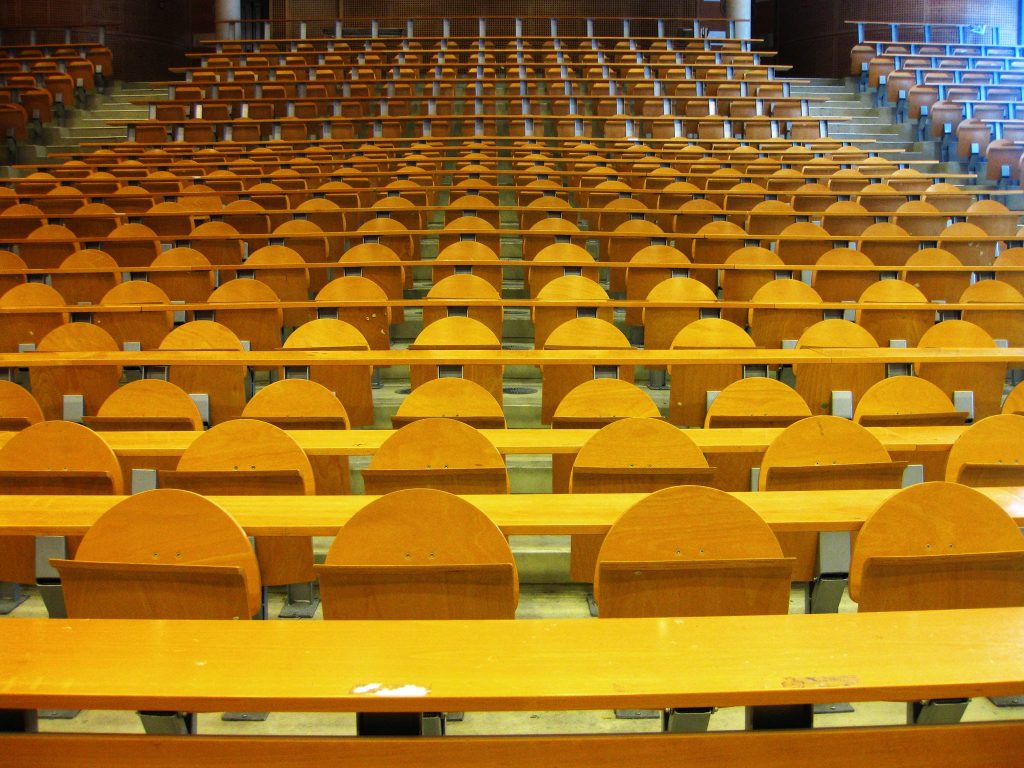My studies in Montpellier

To better illustrate my yearly stay in Montpellier, I will first describe the French culture and the city, then my experiences at the Université de Montpellier and lastly, I will give some additional tips for foreign students staying in Montpellier.
French culture and Montpellier
As I’ve been always very close to the French culture, there weren’t many things that surprised me. People in the south of France are very warm and welcoming (I speak French so there wasn’t a barrier language, as not many of them speak English unfortunately), as well as eager to help if you approach them on the street. As for the city, the centre of the city is very Parisian-like with beautiful monuments and buildings, but with a lot of palm trees. There are many restaurants, cafés and bars where a lot of students go. Unfortunately, as for vegan and vegetarian places, the options are limited. Still, the nightlife of the city is very vibrant, and it is easy to meet other students, especially foreign ones.
When it comes to transportation, there are only 4 tram lines and buses, but as the city centre is not that big, it is very easy to approach everything on foot. In the suburbs, the neighbourhoods seemed to have more modern architecture, but more depopulated. It is also important to be aware of some more dangerous parts of the city where one should go with caution. Moreover, as many probably know, Montpellier is very close to the seaside – the travel by tram and bus takes around 40 minutes.
Université de Montpellier
As part of my exchange, I took courses from different faculties of the Université de Montpellier: economy (my partner university), IAE and Management (MOMA). In all of the 3 faculties, besides IAE, the majority of the students were French, as the classes were conducted in French. At IAE, I met people of diverse internationalities and we mostly spoke in English. As I could choose courses from different faculties, I found many interesting courses that I eventually took. My favourites were: Finance d’Entreprise (M1 – faculté d’économie), Economic and Social Policy (L3 – faculté d’économie), International Strategy (IAE), Introduction à l’économie de l’environnement (L3 – faculté d’économie) and Esapce Européen (MOMA).
The faculty of economics is located close to the city centre (10min by tram), in proximity to a park and the river and also next to the faculty of management, the library and the CROUS restaurant, where students usually go for lunch.
I was truly grateful for Mr Mustapha et Julien, who are helping foreign students at the faculty of economics upon their arrival and during the whole period of their studies. They were always happy to help and answer any question that I could have. They were extremely nice, and not only did they help me in academic-related matters, but also in getting accommodation, opening a bank account and many more.
Other useful information
To get to the city, there is a small airport (the number of connections is limited though) and train stations – I recommend travelling with OuiGo, an economy version of SNCF. Upon arrival, all foreign students need to buy the French insurance of “Assurance responsabilité civile française” (16 euros). Besides that, there aren’t many other formalities to be done if you come from the European Union. I also had to buy insurance for my room at the dorm, which I have done through my bank. It is also worth knowing about the CAF insurance for the accommodation – they are granted to every student with an accommodation contract. As for the prices, life in Montpellier is cheaper than in some bigger cities, like Paris for example. Accommodation rents in university dorms are also low (approximately 300 euros for a single room).